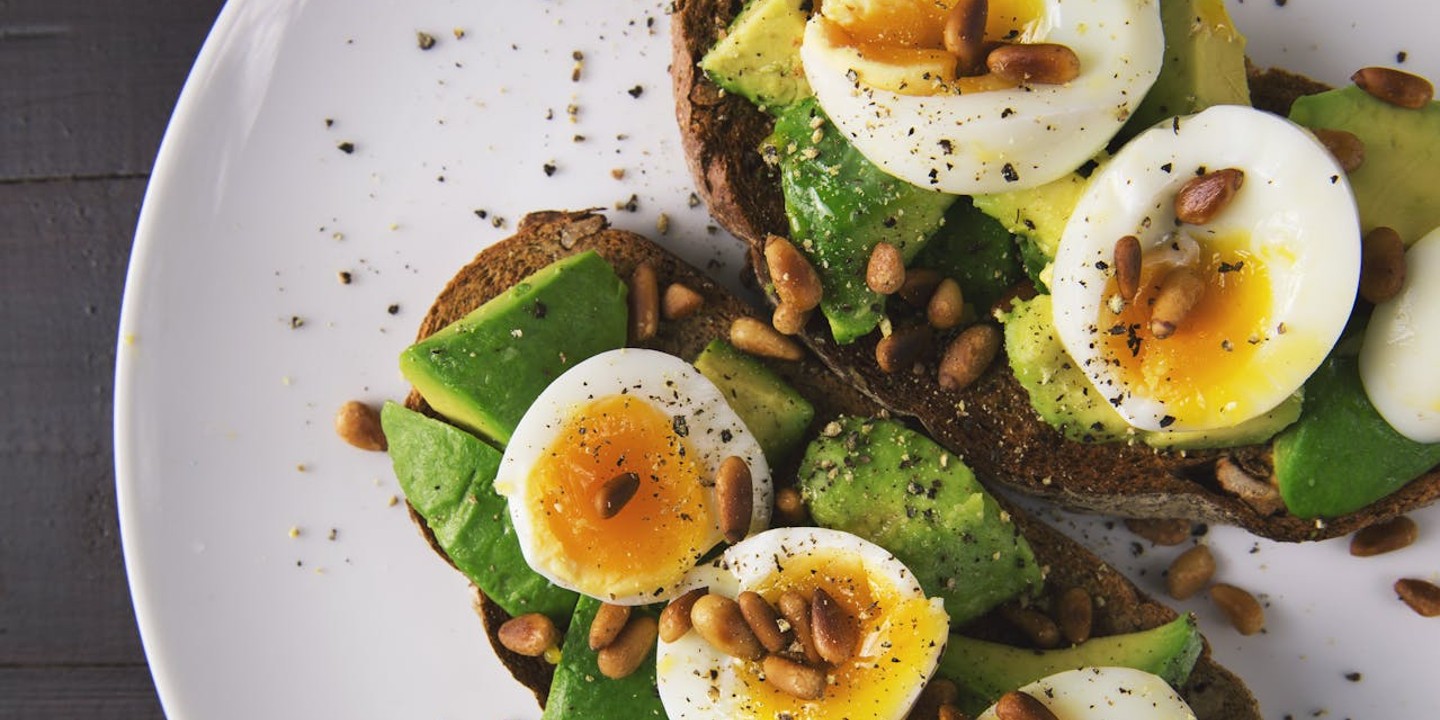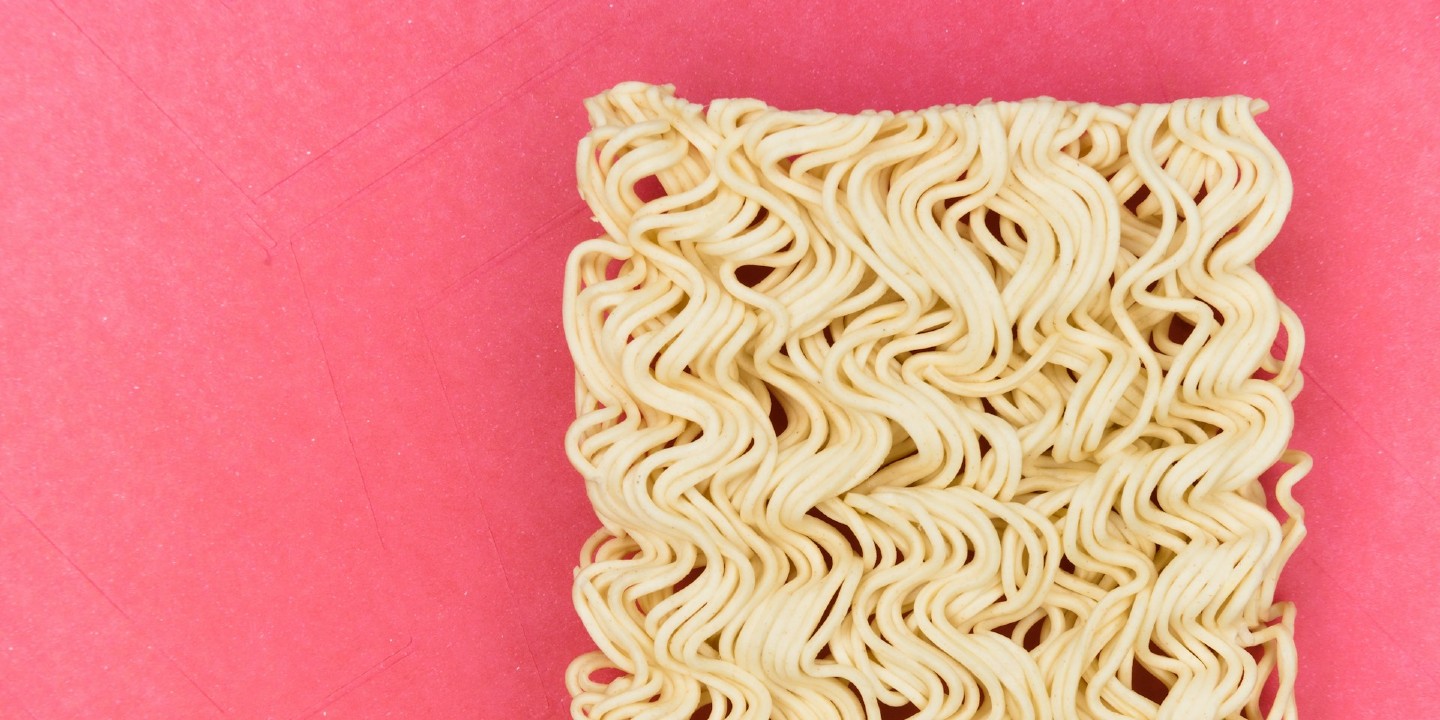Like any part of our body, our bones require proper nutrition to remain strong and resilient. However, not all foods are beneficial to your bone health; some can undermine your health, while others can fortify and support your bone strength and durability. Here’s a look at both sides of the plate – the foods that may harm bone health and those that can enhance it.
1. Salt
Excessive salt consumption can cause the body to lose calcium, which is vital for bone strength. This loss can lead to decreased bone density and an increased risk of fractures. Try to limit processed and fast foods, which are often high in sodium.
2. Soft Drinks
The phosphoric acid in cola and other soft drinks can leach calcium from your bones, weakening them over time. Drinking these sugary beverages often means you're not drinking healthier options like milk or fortified plant-based drinks that benefit bone health.
 Image by Ernesto Rodriguez from Pixabay
Image by Ernesto Rodriguez from Pixabay
3. Caffeine
While a cup of coffee can kick-start your day, too much caffeine can interfere with calcium absorption. Aim to keep your caffeine intake moderate, balancing your diet with calcium-rich foods to mitigate potential bone loss.
4. Alcohol
Regular and excessive consumption of alcohol can lead to bone loss and weakened structure. Alcohol interferes with the balance of calcium and the production of vitamin D, a crucial nutrient for calcium absorption.
5. Red and Processed Meats
A diet high in red and processed meats can increase bone demineralization. These foods can also raise the body's levels of homocysteine, a chemical thought to contribute to bone weakening.
 Image by Thomas Maiwald from Pixabay
Image by Thomas Maiwald from Pixabay
6. Wheat Bran
While high in fiber, wheat bran also contains phytates which can bind to calcium and prevent it from being absorbed. If you consume wheat bran, consider eating it at a different time from calcium-rich foods or supplements.
7. Excessive Vitamin A
High doses of vitamin A can lead to bone loss. It's important to balance your intake, as vitamin A is essential for vision and immune function, but too much can harm bone health.
 Image by Robert Owen-Wahl from Pixabay
Image by Robert Owen-Wahl from Pixabay
8. High-Salt Cheeses
Cheeses, especially those high in salt, can contribute to calcium loss. Opt for low-salt cheese varieties and balance your diet with other calcium-rich foods.
 Image by lipefontes0 from Pixabay
Image by lipefontes0 from Pixabay
9. Hydrogenated Oils
These trans fats can affect bone health by inhibiting the absorption of essential fatty acids, important for bone health. Avoid foods with hydrogenated oils to protect your bones.
10. Spinach and Other High-Oxalate Vegetables
Although they are rich in nutrients, vegetables like spinach contain oxalates, which can bind to calcium and prevent its absorption. Enjoy these in moderation and pair them with calcium-rich foods.
 Image by Thilo Becker from Pixabay
Image by Thilo Becker from Pixabay
1. Dairy Products
Milk, yogurt, and cheese are packed with calcium and vitamin D, essential for strong bones. Including these in your diet can help maintain bone density and reduce the risk of osteoporosis.
2. Leafy Greens
Vegetables like kale, collard greens, and bok choy are rich in calcium and vitamin K, which are vital for bone health and regeneration. They’re a great option for those looking for plant-based sources of bone-strengthening nutrients.
 Image by Katharina N. from Pixabay
Image by Katharina N. from Pixabay
3. Fatty Fish
Salmon, mackerel, and sardines are not only rich in omega-3 fatty acids but also contain vitamin D, which helps the body absorb calcium. Including these in your diet can support bone health and overall well-being.
 Image by congerdesign from Pixabay
Image by congerdesign from Pixabay
4. Nuts and Seeds
Almonds, chia seeds, and flaxseeds are high in calcium, magnesium, and omega-3 fatty acids, all of which support bone health. They’re a great snack that can contribute to your daily nutrient intake.
5. Fortified Foods
Many plant-based milks and cereals are fortified with calcium and vitamin D. These can be excellent options for those who are lactose intolerant or prefer a plant-based diet.
 Image by Oana Durican from Pixabay
Image by Oana Durican from Pixabay
6. Eggs
While they only contain a small amount of vitamin D, eggs are an easy way to get a bit more of this bone-healthy nutrient into your diet. Just don’t skip the yolk, as that’s where most of the nutrients are found.
 Image by Erika Varga from Pixabay
Image by Erika Varga from Pixabay
7. Tofu and Tempeh
These soy products are not only high in protein but also contain calcium and magnesium, which are essential for bone strength and health. They're versatile ingredients that can be included in a variety of dishes.
 Image by hanul choi from Pixabay
Image by hanul choi from Pixabay
8. Sweet Potatoes
Packed with magnesium, potassium, and vitamin C, sweet potatoes support the synthesis of collagen, a protein that assists in maintaining bone strength.
 Image by Bernadette Wurzinger from Pixabay
Image by Bernadette Wurzinger from Pixabay
9. Figs
Fresh or dried, figs offer calcium, magnesium, and potassium, promoting bone density and health. They make a sweet, nutritious snack or addition to salads and other dishes.
 Image by Stefan Schweihofer from Pixabay
Image by Stefan Schweihofer from Pixabay
10. Prunes
Prunes are rich in vitamin K and magnesium, both important for bone health. Studies suggest that prunes may help reduce bone loss in older adults, making them a wise choice for a bone-healthy diet.















